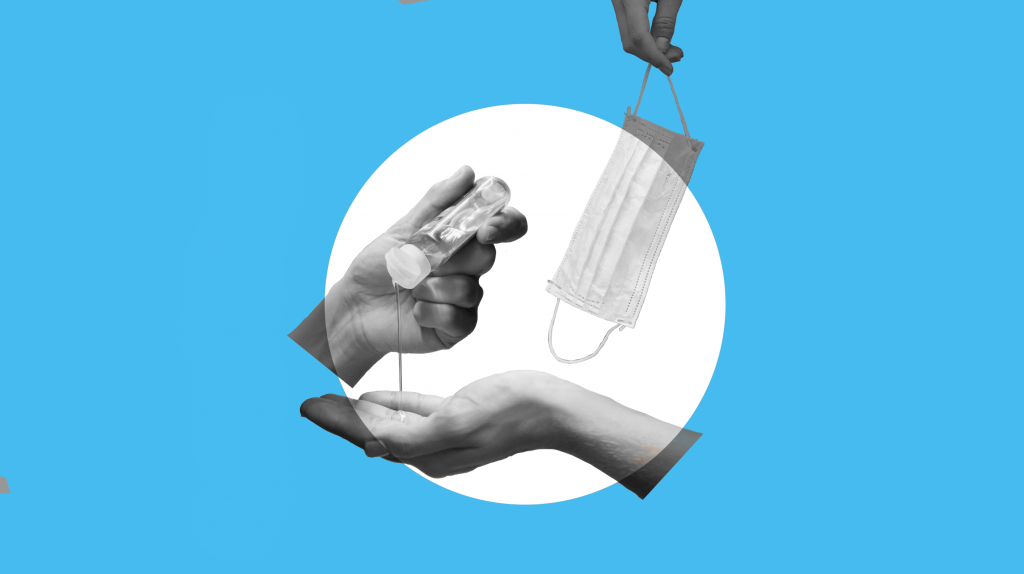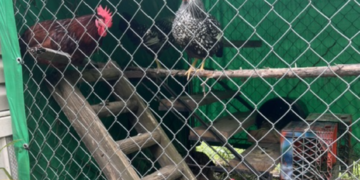
If you’ve been on campus this semester, you may have noticed certain people bustling around campus stationed at various buildings, giving out masks and hand sanitizer to anyone who needs it while also providing guidance on the new protocols that must be followed.
They are the C-19 Ambassadors. To ensure the safety and well-being of the university community, they were created as part of a new initiative by the university, with Natasha Jeter, vice chancellor of wellness and student success, and Joshua Tucker, Jeter’s graduate assistant.
“Unfortunately, in March, the university had to close due to the pandemic,” Tucker said. “Understanding that, we did not want this to happen again. In the fall, Dr. Jeter suggested that we strategize on how to ensure that the individuals on campus adhere to the protocols, and that we continue with what we consider the college experience.”
The process of making C-19 Ambassadors a reality was not something that happened overnight, according to Tucker. It started in May and is continuing to develop.
Tucker said that he wrote about 10 different drafts proposing on how to introduce the idea of the ambassadors to the administrators. He said that they contacted many offices and organizations on campus — including the office of the chancellor and some Greek organizations — for feedback and support on this initiative.
Ambassadors have a flexible work schedule, which is entirely voluntary. They sign up for time slots each week if someone has other engagements to attend to.
People are welcome to join the C-19 team throughout the academic year.
“I know that we had a big push at the beginning of the semester,” Tucker said. “But let’s say if (a student or anyone) wants to join (and) become a C-19 Ambassador today, I can definitely get them trained and ready to go.”
Tucker said that as of right now, they have around 160 C-19 Ambassadors, including faculty, staff and students, but that number continues to rise.
Sara Archer, a junior psychology major and C-19 Ambassador, said that she thinks people should act more cautiously.
“I would see a lot of people still just hanging out as if this wasn’t going on. You still see people having parties that have 10 or 20 people and not social distancing, and I think that you should have your small group that you can hang out with,” Archer said. “So, I think that would be a very big challenge that we’re still facing.”
Micaela Shields, a sophomore biochemistry major and C-19 Ambassador, said she thought joining the group would be a good opportunity to represent the hope of other students on campus.
Shields said she also believes that the campus could be more transparent with the students about the events going on around the campus and community without causing panic.
Jeter said she thinks the pandemic as a whole has tested the resilience of the human spirit.
“I think that it let us know that we have to be prepared to expect the unexpected that could happen in our culture and in our society. I think that it’s been one of those tests,” Jeter said. “I think it speaks to the fact that as a culture and as a community we’re resilient, and that we can make it through most anything if we work together as a team.”



























